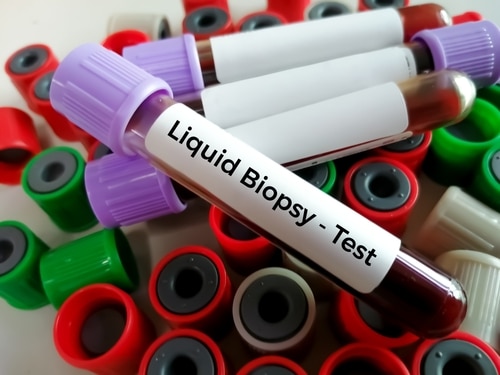Mesothelioma Biopsy

A biopsy is a critical medical procedure that involves collecting a sample, be it tissue or fluid, from the body to be analyzed in a laboratory setting. This analysis is carried out by a pathologist, a medical professional with specialized training in examining tissues to determine the nature of growths, specifically to distinguish between malignant (cancerous) and benign (non-cancerous) ones. In the context of diagnosing mesothelioma, a condition often challenging to identify, biopsies play an indispensable role. They complement other diagnostic tools such as physical examinations, imaging tests, and blood work to provide a conclusive diagnosis.
The Mesothelioma Biopsy Procedure
The procedure can be differentiated into two main types: tissue and fluid biopsies.
A tissue biopsy, which may involve the use of needles or surgical tools to remove a sample, is crucial for a definitive diagnosis of mesothelioma, allowing for detailed analysis of cell type and other vital characteristics.
A fluid biopsy, which involves the extraction of fluid from around the tumor site, may not independently confirm mesothelioma but contributes valuable insights into the condition’s manifestations.
Beyond its diagnostic utility, the information gleaned from a biopsy is instrumental in planning treatment. By identifying the specific type of cancer cells present (epithelioid, sarcomatoid, or biphasic) and aiding in the disease’s staging, the biopsy results enable healthcare professionals to devise a personalized treatment plan for each patient.
Mesothelioma Biopsy Types
There are various biopsy techniques tailored to mesothelioma diagnosis, including:
- Needle Biopsies: These are relatively quick and minimally invasive, often utilizing core needle methods under the guidance of imaging technologies to sample tissue.
- Fluid Biopsies: Aimed at extracting and analyzing fluid to alleviate symptoms and gather diagnostic information through procedures like thoracentesis, paracentesis, and pericardiocentesis.
- Camera-Assisted Surgical Biopsies: Employing visual aids to inspect and sample from the affected areas, with specific procedures like thoracoscopy, laparoscopy, and mediastinoscopy designed for different mesothelioma locations.
- Video-Assisted Thoracoscopy (VATS): A particular type of camera-assisted biopsy for the chest, VATS uses a video camera on a thoracoscope for detailed examination and sample collection.
From the patient’s perspective, undergoing a biopsy involves preparation and adherence to pre-procedure instructions, with the procedure itself typically conducted under anesthesia to ensure comfort. Post-procedure care focuses on recovery, with detailed guidance provided for managing discomfort and promoting healing.
The findings from a biopsy are central to confirming a mesothelioma diagnosis, determining the cell type, and assessing the extent of cancer spread. These results are crucial for staging the disease and formulating an effective treatment strategy aimed at achieving the best possible outcomes.
The biopsy stands as a cornerstone in the diagnostic process for mesothelioma, bridging the gap between suspicion and confirmation of the disease. It not only facilitates an accurate diagnosis but also shapes the direction of personalized treatment plans, reflecting its unmatched value in the management of mesothelioma.
